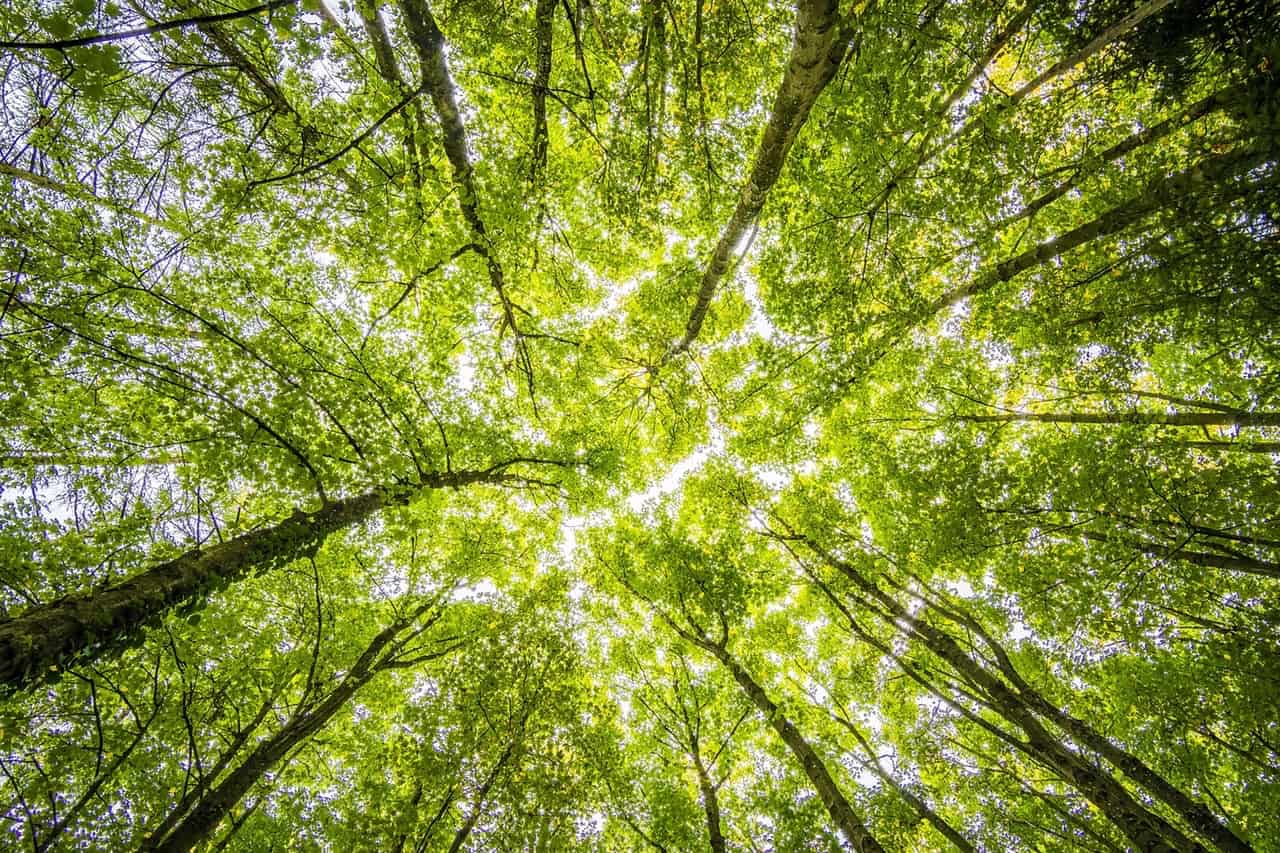Burlington considering tree bylaw as part of climate emergency
Published October 7, 2019 at 11:54 pm

The City of Burlington’s Roads, Parks and Forestry Department issued a report Monday
The City of Burlington’s Roads, Parks and Forestry Department issued a report Monday that could pave the way for a city-wide private tree bylaw, prohibiting the removal of trees on private land unless a special permit is obtained from the city.
The Private Tree Bylaw would raise property taxes by an estimated 0.18%, according to the report.
In response to the April 23 climate emergency declaration by council, a staff direction was passed at the June 10 committee meeting directing the Roads, Parks and Forestry Department to report back regarding the resources and logistics necessary to expand the Private Tree Bylaw Pilot.
The report emphasizes the importance of urban forests as a shared community resource providing collective benefits, including cost-effective climate mitigation tools.
Delegate Karen Brock, of @Oakvillegreen Conservation Association Inc., congratulates #BurlON Council’s initiatives to protect the local tree canopy. See her presentation to Committee via this link (head to pages 14-21) https://t.co/5BC1YpQ1J5 pic.twitter.com/0j71heTCnu
— Marianne Meed Ward (@MariannMeedWard) October 7, 2019
As much as 90% of the land within the City of Burlington is privately owned. As a result, the responsibility is shared by both the public and private sectors to preserve and enhance the urban forest, according to the report.
Since June 2018, the City of Burlington has been running the Private Tree Bylaw pilot program in the Roseland Community, which the city says has been a success based on the 8 applications successfully processed and no reports of bylaw infractions from the community.
The report does, however, say that several instances of infractions related to construction impact were noted and addressed on site.
There are four options presented to council in the report. No. 4 was recommended as the ideal option:
OPTION 1: Status quo
A status quo approach was considered as part of this report. This would allow the current Pilot Private Tree Bylaw in Roseland to run the original.
Pros: Allows for more time to evaluate the pilot.
Cons: This does not consider the implications of a declared climate emergency, and delays the protection of trees citywide.
Financial impact: No impact
OPTION 2: Expand the Bylaw to Ward 4 Only
The expansion of the bylaw to ward 4 was considered as part of this report. The staff requirement would be reduced to 1 full-time staff, with associated cost reductions.
Pros: It provides for a slightly larger pilot area.
Cons: This does not consider the implications of a declared climate emergency, and delays the protection of trees citywide.
Financial impact: The operating budget impact is $95,000 for 1 full-time tree protection officer. The capital budget impact is $51,000 including the purchase of 1 electric vehicle and charging station.
OPTION 3: Repeal the Pilot Private Tree Bylaw and approve a bylaw for the urban area only
This option would protect all private trees within the urban area of the City and exclude all agricultural and rural areas north of Highway 5/407.
Pros: It provides protection for private trees in the most populated area of the City.
Cons: It does not provide protection for residential properties in the rural area that are not covered under the Regional bylaw for woodlots.
Financial impact: The operating budget impact is $300,000.00 including 5 fulltime staff (1 supervisor and 4 tree protection officer).
OPTION 4: Repeal the Pilot Private Tree Bylaw and approve a city-wide private tree bylaw.
Pros: This option provides the highest level of protection by including the entire city.
Cons: Increased resource requirements in both operating and capital budgets..
Financial impact: Same as Option 3.
The report concludes:
“The Urban Forest provides countless benefits to a community and is an effective tool to help mitigate climate change. As a community resource, a community-based approach must be implemented to ensure the long-term preservation and maintenance of the Urban Forest.
Staff recommends Option 4 for implementation, with a tree size of greater than or equal to 20 cm diameter at breast height. This option provides a high level of protection for private trees city-wide.”
An online survey was conducted by the department. 67 per cent of the 300 respondents reportedly support the development of a private tree bylaw city-wide.
insauga's Editorial Standards and Policies advertising





